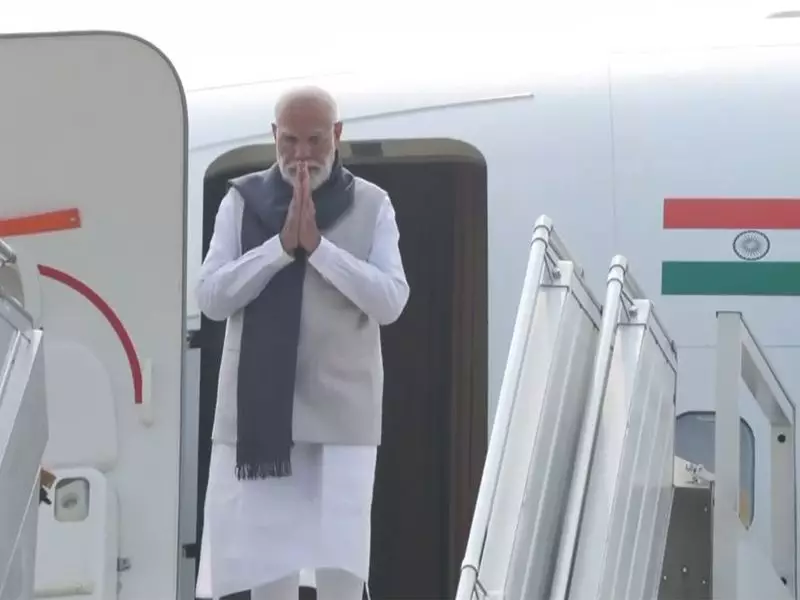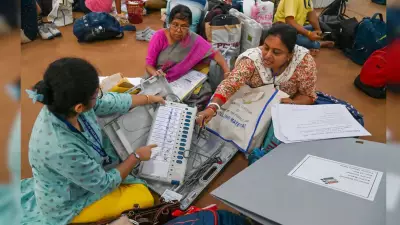
Prime Minister Narendra Modi returned to Delhi on Saturday after completing a highly productive two-day state visit to Bhutan, marking his first foreign trip since assuming office for his third term. The visit, which took place on March 22-23, has been hailed as a significant milestone in strengthening the special relationship between India and its Himalayan neighbor.
Strengthening Historical Bonds Through High-Level Engagement
During his visit, PM Modi held extensive discussions with Bhutan's King Jigme Khesar Namgyel Wangchuck and Prime Minister Tshering Tobgay. The Indian leader described the outcomes of these meetings as having the potential to significantly boost bilateral ties between the two nations. The timing of this visit, coming immediately after Modi's swearing-in ceremony for his third term, underscores the importance India places on its relationship with Bhutan.
The Prime Minister expressed his satisfaction with the visit, stating that the agreements reached would open new avenues for cooperation. Multiple memoranda of understanding were signed during the visit, covering diverse areas of mutual interest and development partnership.
Key Agreements and Development Partnerships
One of the most significant announcements came in the form of India's support for Bhutan's 13th Five-Year Plan. New Delhi has committed to providing Rs 10,000 crore in assistance for Bhutan's development initiatives over the next five years. This substantial financial commitment demonstrates India's continued support for Bhutan's economic growth and sovereignty.
Beyond financial assistance, the two nations agreed to enhance their energy cooperation. A major breakthrough was achieved in the power sector with the finalization of agreements for the construction of the 1020 MW Punatsangchhu-II hydroelectric project. This project represents a crucial step in harnessing Bhutan's hydropower potential and ensuring energy security for both nations.
The partnership extended into the digital realm as well, with India offering assistance for Bhutan's digital infrastructure development. This includes support for the Bhutan Start-up Ecosystem, which aims to foster entrepreneurship and innovation among Bhutanese youth.
Expanding Connectivity and Cross-Border Cooperation
Connectivity emerged as a central theme during the discussions. Both leaders recognized the importance of enhanced transport links for boosting trade, tourism, and people-to-people contacts. The agreements included plans for improving road connectivity and exploring new railway links between the two countries.
In the healthcare sector, India has committed to supporting the establishment of super-specialty hospitals in Bhutan, ensuring that Bhutanese citizens have access to advanced medical care without needing to travel abroad. This initiative aligns with Bhutan's focus on providing quality healthcare to all its citizens.
The cultural and educational exchanges between the two nations also received a significant boost. New scholarship programs for Bhutanese students in Indian institutions were announced, along with initiatives to preserve and promote shared cultural heritage.
Prime Minister Modi emphasized that the relationship between India and Bhutan goes beyond conventional diplomatic ties, describing it as a special and unique partnership built on trust, mutual respect, and shared cultural values. The successful visit has set the stage for deeper cooperation in the coming years, benefiting both nations and contributing to regional stability and prosperity.





